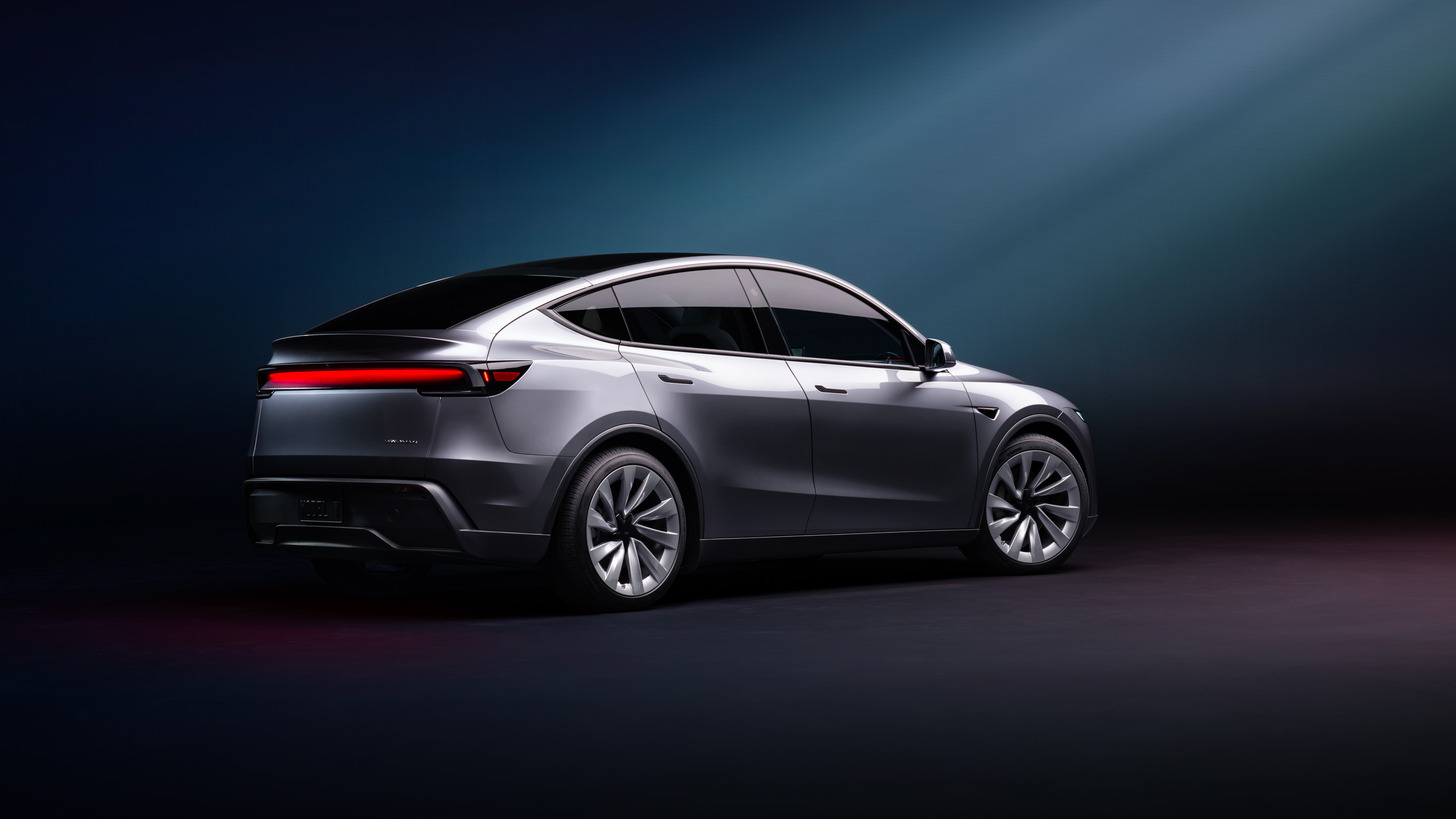
In the grand narrative of modern enterprise—a saga replete with the clash of innovation and hubris—the tale of Tesla unfolds with the weight of a Tolstoyan epic. On a recent day, the electric vehicle titan, once hailed as the harbinger of a cleaner, more technologically advanced future, delivered yet another chapter in its financial chronicle. The report, though it managed to eclipse a muted revenue forecast, nevertheless echoed the somber cadence of decline. After the closing bell, the shares retreated by five percent; a sign that the market’s exuberance had tempered considerably. Revenue had ebbed by 12% to $22.5 billion, while adjusted net income fell by 23% to $1.39 billion—translating into earnings of merely $0.40 per share.
Such numbers, while meeting the bottom-line consensus, are but a veneer over deeper tribulations. For years, Tesla’s ascendancy was fueled by the audacious vision of its chief, Elon Musk—a man whose mercurial nature mirrors the tumult of an age in flux. His storied forays into the political arena, once seen as bold moves, have begun to cast a long shadow over the brand. The ill-fated entanglement with the corridors of power has sullied the image that once captivated a global audience, leading to a precipitous 16% decline in automotive revenue. Meanwhile, across the European continent and elsewhere, the allure of more economical Chinese electric vehicles has steadily eroded Tesla’s market share.
Amidst this tableau of adversity, Musk’s penchant for grandiloquence has not waned. In his latest earnings call, he once again sought to kindle hope among investors by heralding the advent of a new, more accessible automobile—a vehicle many have dubbed the Model 2. With the earnestness of a visionary, he declared, “The goal with those products was not to negatively impact revenue or gross margin, but just to make a car that everyone loves and wants at a more affordable price.” Here, as ever, the promise of democratizing electric mobility vies with the specter of internal cannibalization; for in lowering the entry threshold, Tesla risks drawing its own loyal clientele away from the more opulent models that once defined its identity.
The narrative deepens when one turns to the realm of autonomous innovation. Tesla’s enduring premium valuation, despite the ebb and flow of quarterly earnings, is anchored in the dream of a driverless future—a network of robotaxis that would fulfill Musk’s long-held prophecy. Investors cling to this vision, seeing in it the redemption of a company beleaguered by the vicissitudes of the market. Yet, the fledgling robotaxi initiative, which has barely begun to stir since its launch in June, has received only a modest share of attention. In Austin, Texas, the company’s autonomous vehicles have traversed over 7,000 miles with minimal safety interventions, a modest milestone on the path to a grander vision. “As you can tell, autonomy is the story,” Musk intoned, a refrain that reverberates through the corridors of investor optimism and public expectation alike.
But beneath the veneer of futuristic innovation lies an immutable truth: Tesla’s long-term prosperity is inexorably tied to the health of its core business. The stock’s buoyancy has been buoyed by speculative hopes—hopes that the promises of robotaxis and more affordable vehicles will one day translate into robust growth. Yet, the harsh reality is that EV sales continue to languish, a reflection not merely of market dynamics but of a backlash against a brand tarnished by controversy and policy shifts. The disappearance of federal tax credits, coupled with changes in other supportive measures and the looming specter of tariffs that could cost the company $300 million, further compound the existential challenges facing Tesla.
In this complex web of ambition and adversity, one is compelled to ponder the philosophical underpinnings of progress itself. Does the relentless pursuit of technological marvels, even in the face of declining sales and shifting public sentiment, herald a true evolution for humanity—or does it merely lay bare the inherent contradictions of human nature? As Tesla navigates the treacherous waters of public opinion, market forces, and internal strife, the company stands at a crossroads. Will its venture into more accessible models and autonomous transportation ultimately forge a path to redemption, or will it serve as a cautionary tale of overreach and internal discord? The unfolding saga, rich in moral and economic nuance, remains a mirror reflecting our own struggles between aspiration and reality. 🚗
Read More
- 2025 Crypto Wallets: Secure, Smart, and Surprisingly Simple!
- Gold Rate Forecast
- Brown Dust 2 Mirror Wars (PvP) Tier List – July 2025
- Banks & Shadows: A 2026 Outlook
- The 10 Most Beautiful Women in the World for 2026, According to the Golden Ratio
- HSR 3.7 story ending explained: What happened to the Chrysos Heirs?
- ETH PREDICTION. ETH cryptocurrency
- The Weight of Choice: Chipotle and Dutch Bros
- The Best Actors Who Have Played Hamlet, Ranked
- Uncovering Hidden Groups: A New Approach to Social Network Analysis
2025-07-28 05:56